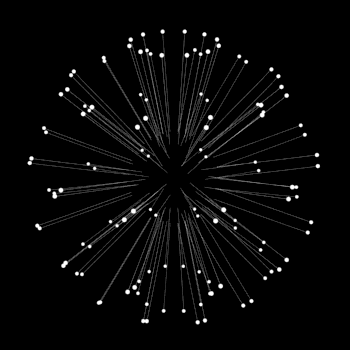How do you evaluate #lim_(x->3)(2x^2-5x-3)/(x-3)#?
2 Answers
Explanation:
The numerator is
Therefore
By trial and error (or no error, just trial):
So
The limit as
The function approaches 7
Explanation:
To find the limit of a function, we use L'Hopital's rule, where:
So, for our example:
Now we replace


